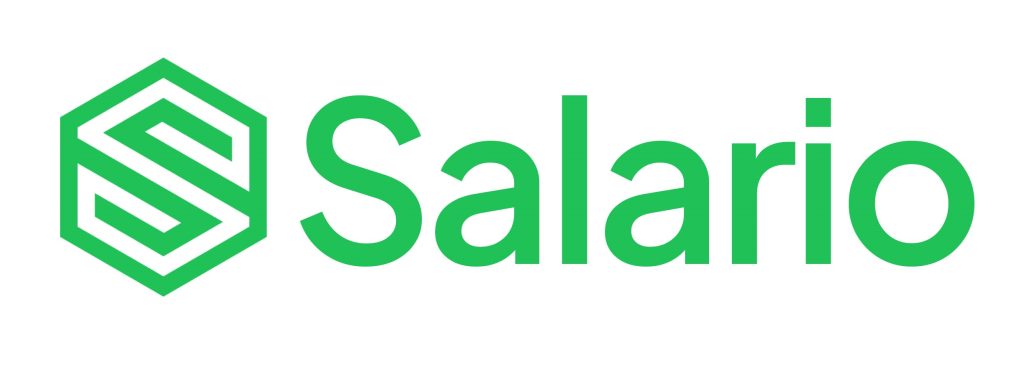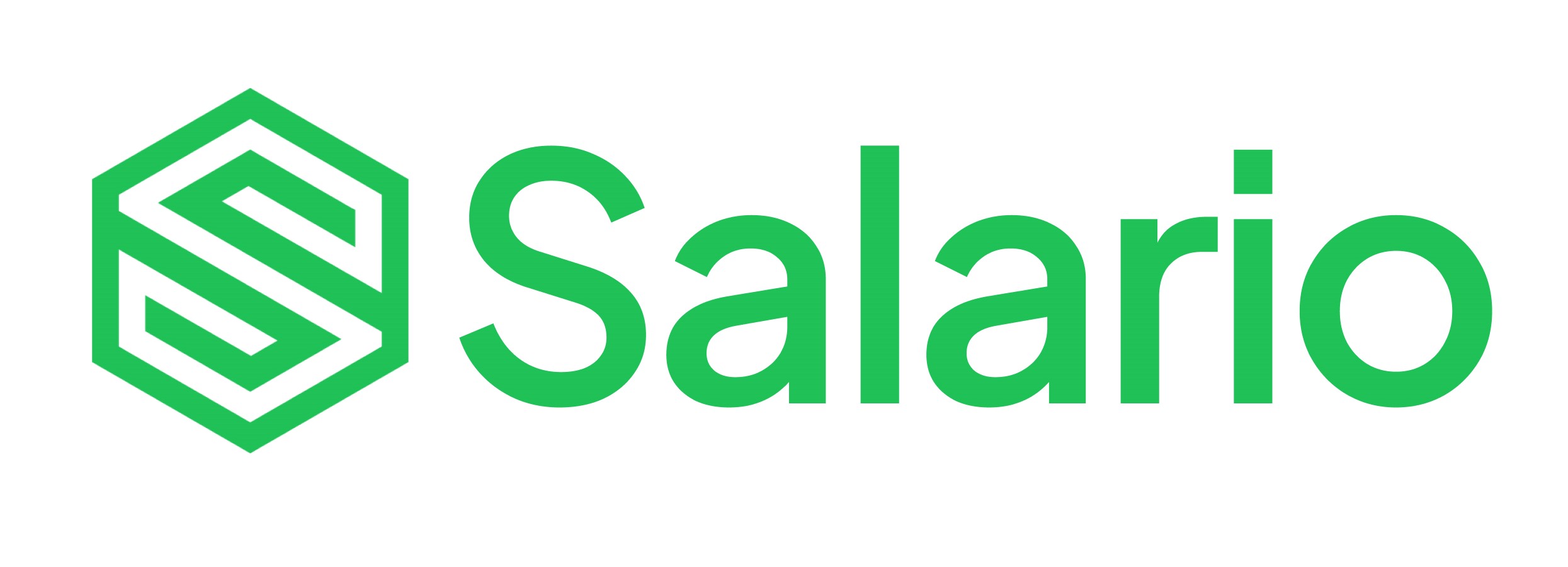
For employees, every pay cheque is a step toward a secure retirement and future, but only if pension contributions in Nigeria are calculated correctly, ensuring their Retirement Savings Account (RSA) grows steadily for a worry-free future. For business owners, accurate pension contributions in Nigeria are the key to avoiding steep penalties and building employee trust, proving their commitment to their team’s long-term well-being. Getting these calculations right is not just a regulatory requirement; it’s a cornerstone of financial stability for employees and operational success for employers.
This guide provides business owners, HR managers, and employees with a clear, step-by-step approach to computing pension contributions in Nigeria. With practical steps and Salario’s automation tools, you’ll turn a complex process into a simple path to peace of mind and a secure future.
Why Pension Contributions Matter in Nigeria
Pension contributions are the backbone of financial security for retirees in Nigeria, governed by the Pension Reform Act 2014. These contributions, made by both employers and employees, fund Retirement Savings Accounts (RSAs) managed by licensed Pension Fund Administrators (PFAs). For business owners and HR managers, understanding pension contributions in Nigeria ensures compliance and avoids penalties. For employees, it’s about securing a stable future.
Mistakes in calculations or late remittances can lead to fines, audits, or reduced retirement benefits. Nigerian businesses and SMEs can face penalties due to pension errors, which shows the need for accuracy in managing pension contributions in Nigeria.
Who Needs to Contribute to Pensions in Nigeria?
Before diving into calculations, let’s clarify who is required to make pension contributions in Nigeria:
Public Sector Employees
All public sector workers are mandated to participate in the Contributory Pension Scheme (CPS).
Private Sector Employees
Companies with 15 or more employees must contribute, while those with 3–14 employees are subject to PenCom guidelines. Businesses with fewer than 3 employees or self-employed individuals can opt into the Micro Pension Plan.
Employers
Employers must deduct employee contributions and add their own, remitting the total to a PFA within seven working days after salary payment.
Understanding these requirements is the first step to ensuring compliance with pension contributions in Nigeria.
Step-by-Step Guide to Computing Pension Contributions in Nigeria
Step 1: Understand the Contribution Rates
Under the Pension Reform Act 2014, pension contributions in Nigeria follow a standard rate for the Contributory Pension Scheme (CPS):
– Employee Contribution: 8% of the employee’s monthly emolument (basic salary, housing allowance, and transport allowance).
– Employer Contribution: 10% of the same emolument.
– Total Contribution: 18% of the monthly emolument, split between employee and employer.
Alternatively, an employer may choose to cover the full 20% of the emolument, relieving the employee of any contribution. This is rare but allowed under the Act.
Example: Ada, an employee in Abuja, earns a monthly emolument of ₦100,000 (basic salary: ₦60,000, housing: ₦30,000, transport: ₦10,000). Her pension contribution is:
– Employee: ₦100,000 × 8% = ₦8,000
– Employer: ₦100,000 × 10% = ₦10,000
– Total: ₦18,000 to her RSA.
Step 2: Calculate the Monthly Emolument

The monthly emolument is the foundation for computing pension contributions in Nigeria. It includes:
– Basic Salary: The core pay before allowances.
– Housing Allowance: Compensation for accommodation.
– Transport Allowance: Support for commuting costs.
Exclude non-pensionable items like bonuses or overtime. For example, if Ayo, an HR manager in Abuja, earns ₦200,000 (basic: ₦120,000, housing: ₦50,000, transport: ₦30,000), his emolument is ₦200,000, and his pension contribution is:
– Employee: ₦200,000 × 8% = ₦16,000
– Employer: ₦200,000 × 10% = ₦20,000
– Total: ₦36,000.
Step 3: Set Up a Retirement Savings Account (RSA)
Employees must open an RSA with a licensed PFA. If an employee fails to do so within six months, the employer must open a nominal RSA on their behalf. Business owners and HR managers should ensure all employees have RSAs and provide their RSA PINs for accurate remittances.
Step 4: Deduct and Remit Contributions
Employers deduct the employee’s 8% from their salary and add their 10% contribution, remitting the total to the PFA’s designated Pension Fund Custodian (PFC) within seven working days after salary payment. Late remittances incur penalties of at least 2% of the unpaid amount. For example, a retail business with 20 employees must remit pension contributions in Nigeria promptly, as missing a deadline can lead to a huge penalty.
Step 5: Verify and Monitor Contributions
Employees should regularly check their RSA statements to ensure contributions are credited correctly. HR managers can use tools like Salario to automate tracking and generate compliance reports, reducing errors in pension contributions in Nigeria. Employees can also use pension calculators to estimate future benefits based on contributions and investment returns.
Common Mistakes to Avoid When Computing Pension Contributions
Mistakes in calculating pension contributions in Nigeria can be costly. Here are pitfalls to watch for:
- Incorrect Emolument Calculation: Excluding housing or transport allowances leads to under-contributions.
- Late Remittances: Missing the seven-day deadline triggers PenCom penalties.
- Unregistered Employees: Failing to open RSAs delays contributions and risks non-compliance.
- Manual Errors: Spreadsheets are prone to mistakes, causing discrepancies in contributions.
A Lagos startup, for instance, faced a ₦150,000 penalty after miscalculating pension contributions in Nigeria due to manual errors, showing the need for automation.
How Salario Simplifies Pension Contributions in Nigeria

For business owners and HR managers, managing pension contributions in Nigeria doesn’t have to be a headache. Salario, a Nigerian-focused payroll automation platform, streamlines the process with:
Automated Calculations
Salario computes the 8% employee and 10% employer contributions accurately, based on state-specific emoluments.
Timely Remittances
Automatically schedules and remits contributions to PFAs within the seven-day deadline, ensuring compliance.
Employee Self-Service Portal
Employees can access RSA details and payslips on their phones, boosting transparency.
Compliance Reports
The system generates PenCom-compliant reports, thereby reducing audit risks.
Scalability
SMEs with 5 employees or NGOs with 50 employees can benefit from its scalability and secure, cloud-based access.
Conclusion: Take Control of Pension Contributions with Salario.
Computing pension contributions in Nigeria doesn’t have to be stressful. By understanding the 18% contribution rate (8% employee, 10% employer), calculating the correct emolument, and ensuring timely remittances, business owners, HR managers, and employees can secure financial futures without stress. Mistakes like late remittances or manual errors can lead to penalties, but platforms like Salario make compliance effortless. Whether you’re a business owner in Lagos, an HR manager in Abuja, or an employee in Ibadan, mastering pension contributions in Nigeria is within reach.
Don’t let pension calculations overwhelm you. Visit our website today to see the services we offer to make life easier for business owners and HR managers. You can also sign up for a free Salario demo today to see how easy pension contributions in Nigeria with Salario are!
